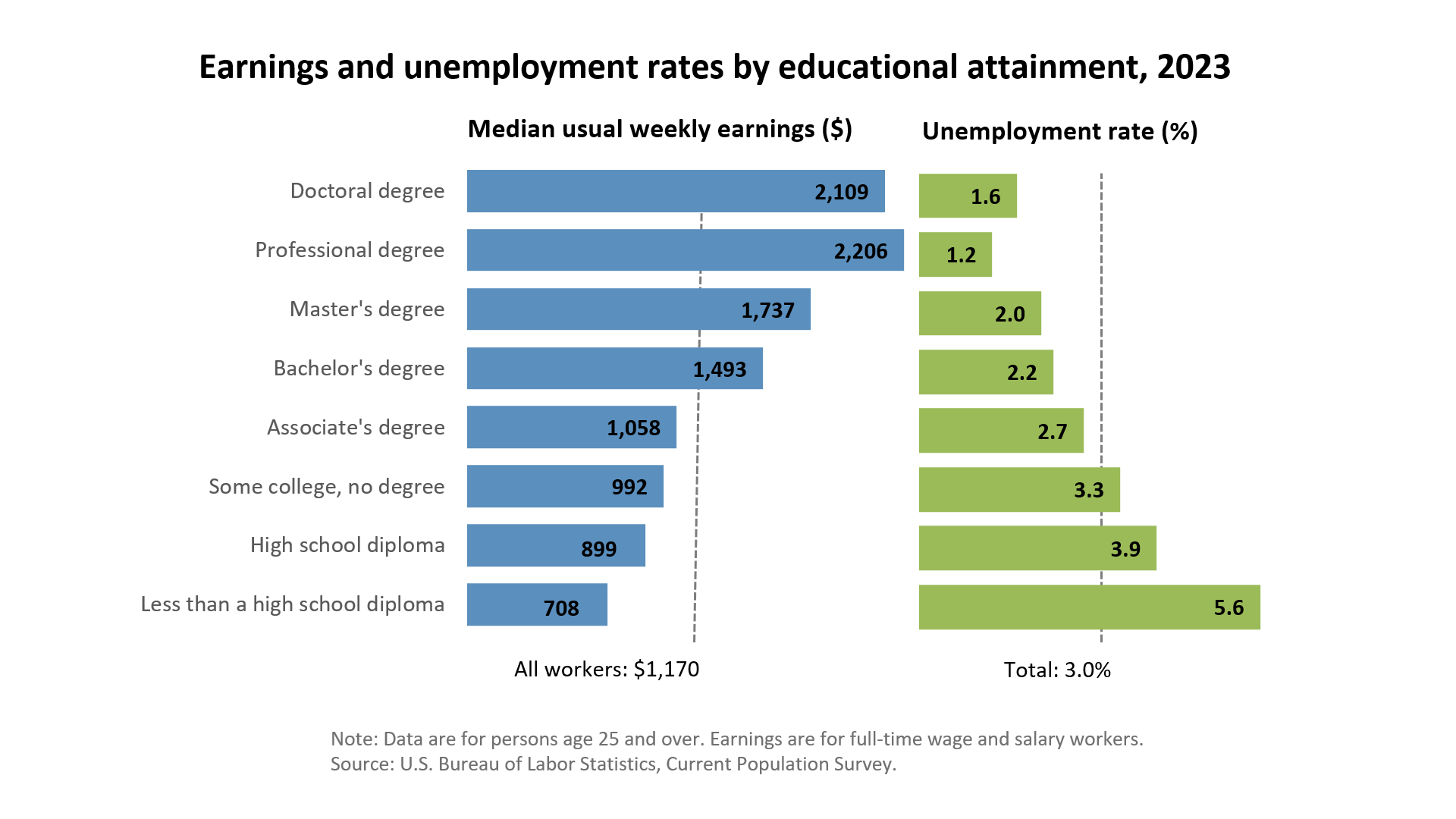University Headquarters (HQ) is an industry-leading, independent educational organization that provides independent college rankings using a proprietary formula to create first class unbiased rankings. The team at University HQ strives to provide accurate and trustworthy rankings that highlights the best programs.
Get Matched With Online Colleges
The University of Alabama is a public research university located in Tuscaloosa, Alabama. Considered the state’s flagship university, it was founded in 1831 and offers a variety of degree types including bachelor’s, master’s, and doctoral programs. With a robust campus environment for students, the institution is dedicated to excellence in teaching, research, and service. It also strives to cultivate learners capable of making a positive difference in the community, state, and the world.
Search All Programs
Overview of The University of Alabama (UA)
Steeped in tradition and success, the university has been home to many significant individuals in society. From ESPN’s Laurece “Rece” Davis to “Star Trek: Discovery” actress Sonequa Martin-Green, the institution is proud of all its alumni and donors.
The school employs over 1,500 faculty members full-time, all of whom serve as expert mentors and are dedicated to helping students pursue their interests via hands-on research and learning. In addition to world-class professors, those enrolled gain access to a wide variety of academic resources including the Capstone Center for Student Success, Career Center, Mathematics Technology Learning Center, Writing Center, and several university museums. The University of Alabama also places significant emphasis on the utilization of leading-edge technology. Students can choose from on-campus learning, web-based classes, and distance education opportunities.
General Information
| School Type | Public |
|---|---|
| Campus Setting | City: Midsize |
| Campus Housing | Yes |
| Student Faculty Ratio | 20:1 |
| Graduation Rate | 71% |
| Year Founded | 1831 |

Student Enrollment
Total Students38,100
32,795
5,305
Undergraduate Student
Male 14,430
Female 18,365
Graduate Student
Male 2,334
Female 2,971
Explore Map
Top Rankings For The University of Alabama
UA Acceptance Rate and Admissions
APPLICATIONS38,505
ACCEPTANCE31,959
Acceptance Rate83%
Enrollment 6,711
| Admissions | |
|---|---|
| Application Fee | $40 |
| High School GPA | Required |
| High School Rank | Recommended |
| High School Transcripts | Required |
| College Prep Courses | Required |
| Recommendations | NA |
| SAT/ACT | Required |
| TOEFL (Test of English as a Foreign Language) | Required |
| Application Deadline | Rolling |
| Common Application Accepted | No |
UA Tuition Cost & Financial Aid
The overall cost of attending the University of Alabama will depend on several factors including your degree type, residency, housing plans, and the meal option you select. Students should also anticipate paying additional institutional fees, as well as the cost of books and supplies. The average charge for tuition and fees for in-state undergraduate students is around $11,600 per academic year. Out-of-state students, however, should expect to pay an estimated $31,000+ for the same duration. This does not include the cost of room and board. In-state students who choose to live on campus pay approximately $31,000, while out-of-state students who choose to live on campus pay closer to $50,500.
The University of Alabama offers a number of financial aid options to help pay for an education. Prospective students may qualify to receive scholarships, grants, loans, and/or work study payments. Approximately 79% of full-time, freshmen undergraduate students receive some form of financial aid. The majority of student aid utilized is in the forms of grants and scholarship, but approximately 42% of students rely on student loans.
| Average net price | 2018-2019 |
|---|---|
| Net Price | $20,623 |
| Average Total Aid | $15,060 |
| Students Receiving Financial Aid | 79% |
| Room & Board | $13,810 |
Sticker Price
- Tuition In-State - $11,620
- Tuition Out-of-State - $31,090
- Books and Supplies - $1,000
- Room & Board - $13,810
- Other - $4,620
Academics
The University of Alabama makes it easy for students to focus on learning by offering a wide variety of engaging experiences intended to meet diverse needs. Many programs are specifically designed to encourage those enrolled to find and interact with others who share their unique interests. Students can choose from nearly 200 degree programs. This includes many graduate degrees that are highly ranked by US News & World Report and other global entities, such as Shanghai Rankings and QS World Rankings.
The total student population as of the fall semester in 2019 was 38,103 including undergraduate, professional, and graduate students. Approximately 40% of those enrolled come from Alabama, while over 56% come from other parts of the United States and around 4% are international students. The student-faculty ratio is 20:1 and over 30% of classes have fewer than 20 students, making it somewhat easier to receive one-on-one attention from instructors.
Retention rate statistics are important because they measure how many freshmen students choose to return to an institution to continue their studies for a second year and presumably show that the students who returned believe that the university has and will continue to offer everything they need to succeed. The retention rate at the University of Alabama for first-time students pursing bachelor’s degrees in fall 2019 was 87% for full-time students and 48% for part-time students. These figures indicate that the majority of students are satisfied with their overall experience at the institution. Additionally, the school is well above the national average retention rate of 68%.
Prospective students should also become familiar with overall graduation rates and transfer out rates. Graduation rates indicate the percentage of first-time students who earn their degree or certificate within 150% of the standard completion time. In 2019, the overall graduation rate for the University of Alabama was 71%, with 20% of tracked students transferring out before their final academic year.
The University of Alabama is accredited by the Southern Association of Colleges and Schools Commission on Colleges (SACSCOC), with its initial accreditation occurring in 1897. The institution is capable of awarding a wide variety of baccalaureate, master’s, education specialist, and doctoral degrees.
Retention
Rate
4 year
Graduation
Rate
6 year
Graduation
Rate
Student Population Total
Student Population 38,100
32,795
5,305
Most Popular Programs & Majors
(# of Diplomas Awarded by Subject)
| All Business Majors | 2,168 Total Graduates / 29% |
|---|---|
| Marketing/Marketing Management, General | 515 Graduates |
| Finance, General | 493 Graduates |
| Business Administration and Management, General | 418 Graduates |
| Accounting | 292 Graduates |
| All Engineering Majors | 976 Total Graduates / 13% |
| Mechanical Engineering | 407 Graduates |
| Chemical Engineering | 199 Graduates |
| Civil Engineering, General | 121 Graduates |
| Aerospace, Aeronautical, and Astronautical/Space Engineering, General | 88 Graduates |
| Communication, Journalism, and Related Programs | 692 Total Graduates / 9% |
| Public Relations/Image Management | 230 Graduates |
| Advertising | 130 Graduates |
| Speech Communication and Rhetoric | 128 Graduates |
| Journalism, Other | 65 Graduates |
| Health Professions and Related Programs | 686 Total Graduates / 9% |
| Registered Nursing/Registered Nurse | 428 Graduates |
| Public Health, General | 130 Graduates |
| Audiology/Audiologist and Speech-Language Pathology/Pathologist | 102 Graduates |
| Athletic Training/Trainer | 26 Graduates |
| Family and Consumer Sciences/Human Sciences | 560 Total Graduates / 8% |
| Human Nutrition | 159 Graduates |
| Family and Consumer Sciences/Human Sciences, General | 146 Graduates |
| Human Development and Family Studies, General | 77 Graduates |
| Family Resource Management Studies, General | 74 Graduates |
| All Other Diplomas | 32% |
Outcome & Salary
In general, most on-campus students enrolled at the University of Alabama can expect to graduate. Of those who entered the institution in the 2011-2012 academic school year as full-time, first-time degree-seeking undergraduates, 70% of them received bachelor’s degrees. It’s important to note, however, that only 29% of part-time, first-time degree-seeking undergraduates who enrolled at the same time received bachelor’s degrees. This statistic was higher for non-first-time students, with 40% earning their degrees. Additionally, 64% of full-time, non-first-time degree-seeking undergraduates received bachelor’s degrees.
| Graduates Salary | |
|---|---|
| College Grads Early Career Salary | $54,100 |
| College Grads Average Salary | $63,654 |
| College Grads Mid Career Salary | $95,300 |
| Return on Investment (ROI) | |
|---|---|
| 10 Year Salary Earnings Potential | $636,540 |
| 20 Year Salary Earnings Potential | $1,589,540 |
| Cost of Education (Net Price) 4 Year | $82,492 |
| 10 Year Projected ROI | $554,048 |
| 20 Year Projected ROI | $1,507,048 |
| No College Education Salary Comparison | |
|---|---|
| National Average Salary | $38,792 |
| 10 Year Projected Income | $387,920 |
| 20 Year Projected Income | $775,840 |

Photos & Videos
Related Top College Resources


























